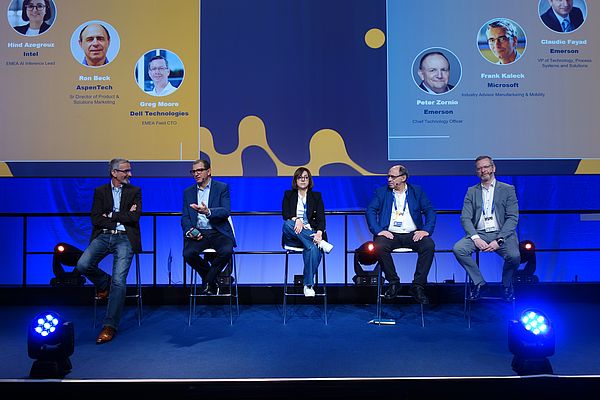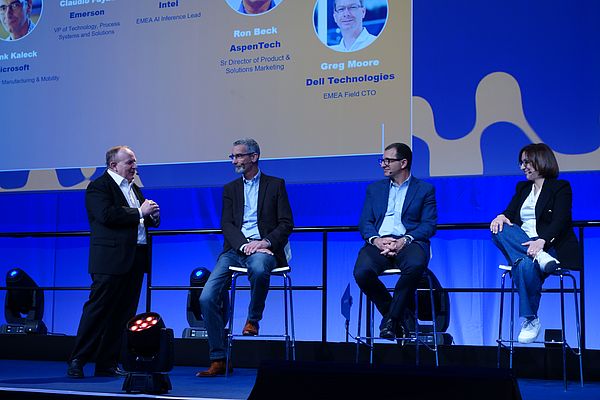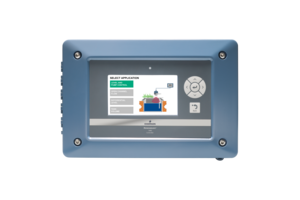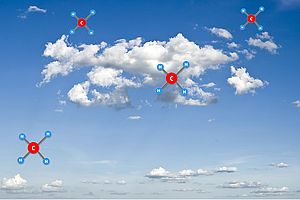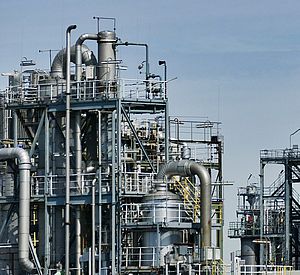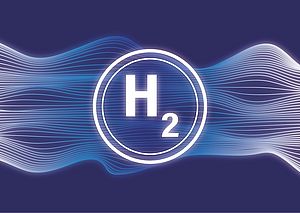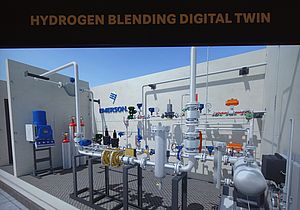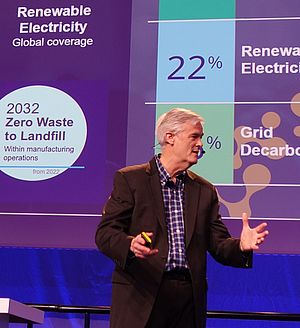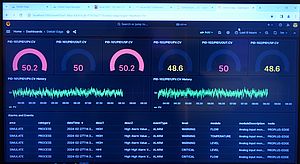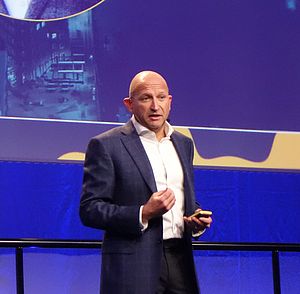Peter Zornio, Emerson CTO discussed with the following panelists the benefits of AI for the industry. Together they were taking a look at where they started with the topics and what are their current ideas. The participants were: Frank Kaleck, Industry Advisor Manufaturing & Mobility at Microsoft | Claudio Fayad, Emerson Vicepresident of Technology, Process Systems and Solutions | Hind Azegroud, Intel’s AI interference Lead EMEA | Ron Beck Senior Director of Product & Solution Marketing AspenTech | Greg Moore EMEA Field CTO of Dell Technologies.
The following is a compilation of interesting quotes from the discussion, which does not claim to be exhaustive, but can certainly provide some food for thought on the application of artificial intelligence. As this technology will permeate all areas of life, both private and industrial, in the near future, this is certainly interesting, regardless of the industrial sector in which you are active. Because the statements made are not controversial, they single quotes are not identified by name. hopefully you can find the right information in these pieces to help you and your company on the way of AI deployment.
- Soft- and hardware integration is at the core of integration, we have to show our customers the best combination to tackle the type of problems they have in their operations.
- What some people forget in the discussion at the moment is that AI is going back a comparatively long way back in industry, one way or the other. It goes back to the fuzzy logic for control systems in the 1990ies.
- It's not just the AI model you use that is important. It's how you collect the data, aggregate the data from various different assets and bring it into an AI model. It is also a question of data quality that is of importance.
- Traditional numerical and AI fuzzy logic, neuronal nets and pattern recognition go back 30 years in industrial automation now with Large Language Models and Generative AI new opportunities come into play, but it is no either or decision both will be needed in the future, each in its field.
The difference between old and new is the following as a colleage described: If you think of traditional AI in companies, it is like talking to a nerd in IT, a guy who really understands analytics, machine learning, but you wouldn't be able to articulate what your problem is to him and the help you want. With the generative AI it is as if you have an intern. One who speaks 50 languages and knows everything the internet knows. That is the help you want. - Generative AI is a powerful tool to help organisations. But of course, people - the employees - are still needed, because someone has to orchestrate the “interns”, has to double check the feasibility of the results.
- Prescriptive maintenance solution using intelligent agents to look for problems with equipment and assets are untapped so far. Why? Because organisations are resisting. But the good news is, IT and OT starting the conversation and are coming together to use AI. And if there is a real exchange of expertise between maintenance experts and data scientists the potentials are huge.
- Horsepower needed for AI is getting smaller, so it can be deployed to the edge, and can not only be run in the cloud. Telemetry on an asset where it has to be. Some of the assets are very remote, they could be in an oil field or in a remote location of a factory. So the technology has to operate under adverse condition and has to be have high levels of cyber resilience and security, because reaction times to potential physical intrusions can be longer. But it is a big area of interest and the technology to solve the problems is there.
- There is a lot of debate about the AI’s training base on which it creates results, answers your questions or writes code for you. Is it using someone’s copyrighted material or presents you licensed code? Am I actually violating somebody's licence by using written code. This shows, that data governance is an important factor and a clear regulation is needed as orientation for companies to be safe against lawsuits and to protect their intellectual properties and rights.
- When you put together data from different sources especially if moduls or plants should become autonomous, it is imperative for the correct results and decisions to assign data with quality scores. Is the data coming from a new, internal system or an external or old one can make the difference here.
- With introduction of the AI technologies fear of losing jobs is a factor. Same as it was for example with the introduction of IT mainframes. What about my job in the future, because you could do more more with less efforts. But now how many jobs are in IT? And we think there's the same potential for generative AI. But there is a lot of retraining that has to be done, that is for sure. Lifelong learning and adoption are really needed.
- Culture and strategy is crucial, especially for small and medium sized companies. Because the success lies not in the pilot project but in scaling up.
- Decarbonizition is one of the biggest opportunities for AI, because of the complexity of the whole system. The world doesn't have many operating electrolyzers yet for green hydrogen. So really what has to happen is? The data has to be pooled across, multiple companies to learn fast enough across the industry. How do you actually get the companies to agree? By securing and “blackbox” data feeds and make reverse engineering impossible. In that way data can be provided to holistic models and digital twins everybody benefits.
- The autonomous plant is not coming to soon, but we are on the way to it. Before we reach the possibility of it there will be a lot of “co-piloting” for humans through AI that can solve the problems of missing experts in industry.


